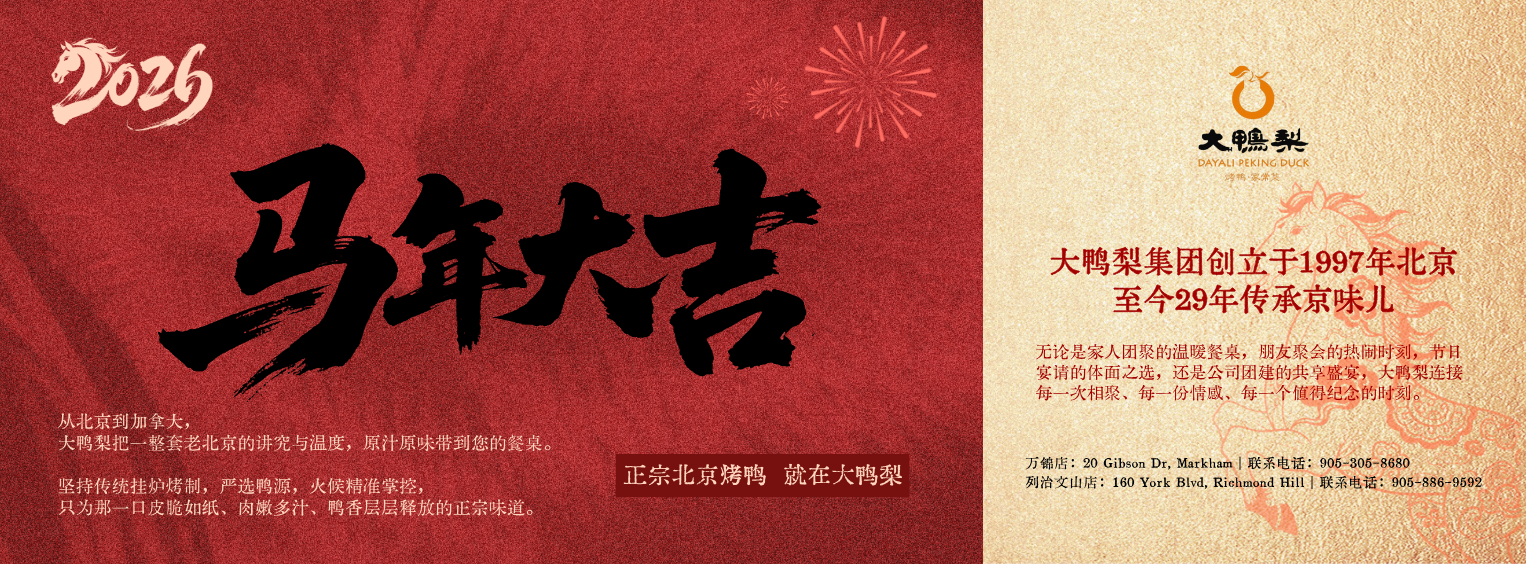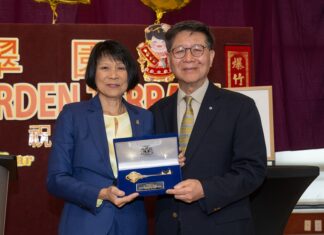Recently, Weng Guoning interviewed with a reporter on the topic of “Canadian Missionaries: The Earliest Ambassadors of Canada-China Friendship”.
The following is a transcript from the interview.
Reporter: You have been studying the history of Canada-China friendship in recent years, aiming to further friendly relations between the two countries, haven’t you?
Weng Guoning (hereinafter referred to as “Weng”) Yes. Friendly relations between Canada and China are the greatest hope and wish for overseas Chinese living in Canada.However, people lack knowledge of many historical facts due to asymmetric information sources or some misunderstandings. I want to help the people of the two countries, especially the Chinese people, know more about the real history. In this way, we can cherish more today’s friendship between Canada and China.
Reporter:Please elaborate “Canadian Missionaries: The Earliest Ambassadors of CanadaChina Friendship”.
Weng: When it comes to Canada-China friendship, the Chinese people always remember Dr. Henry Norman Bethune.
Indeed, as a well-known hero in China. Dr. Bethune’s “benefiting others without ulterior motives” has become a lofty spirit that hundreds of millions of Chinese people are pursuing and yearning for.
However, the earliest ambassador of Canada-China friendship was half a century earlier than Dr. Bethune.
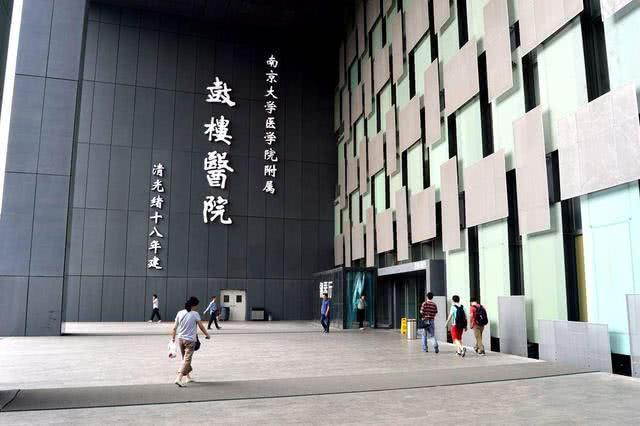
The 18th year of Emperor Guangxu was 1892, So, who established this western hospital in China 130 years ago?

Maclin came to China in January 1886 (the 12th year of Emperor Guangxu), as a member of the Christian Church. Available documents show that he was the earliest Canadian missionary to China.
To gain the trust of local people, Maclin treated poor patients for free, and persuaded them to believe in Christianity after being cured. Within the first year after his arrival in China, Maclin established the Maclin Clinic at the entrance of Shuanglong Lane in Gulou Street (today’s No. 358 Zhongshan Road). His superb medical skills rejuvenated many patients. The number of outpatients increased gradually, totaling 13,500 in 1887 alone.
Maclin often travelled far into the rural areas around Nanjing to cure diseases and do missionary work. Upon seeing him, children would run about excitedly and tell fellow villagers, “Mr. Ma is here!” Funded by the church, the Maclin Clinic Expansion Project started in 1890 at No. 1 Gulou South Street (today’s No. 321 Zhongshan Road).
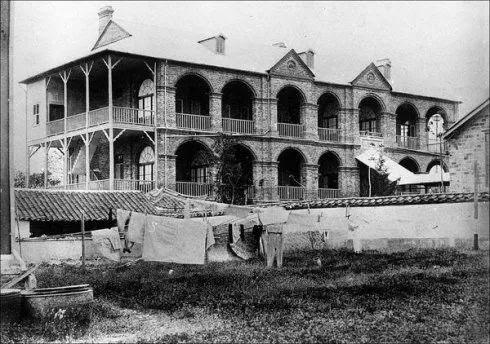
After completion, it was named Christian Hospital by the church. Since Maclin was the founder and president of the hospital for many years, Nanjing people are still used to calling it “Maclin Hospital”.
During his tenure as president, Maclin advocated that the hospital should serve all social strata, from dignitaries to poor citizens and even beggars.
Adhering to his motto of “treating princes and beggars equally”, Marin treated 200- 300 poor patients for free every year, accounting for more than one third of all inpatients.
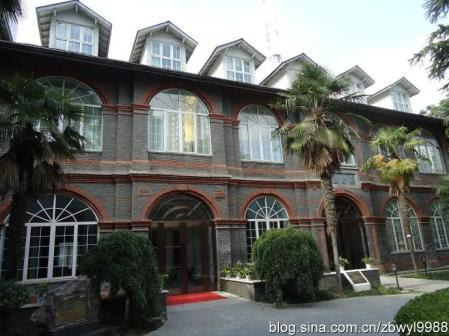

In 1925, the church decided to retire Maclin, who was then 65 years old. However, local people co-signed a petition letter for Maclin to stay on the job. In 1927, 67-year-old Maclin finally retired and returned home, putting an end to his 41-year medical and missionary career in Nanjing. On August 8, 1947, Maclin died in California, USA, his wife’s hometown, at the age of 87.
His dedication and contribution to China for more than 40 years have stood out from historical torrents.
Nanjing Drum Tower Hospital, the descendant of Maclin Hospital, still safeguards the medical well-being of the Chinese people, leaving an indelible mark in history.

Maclin’s great image stands in the garden he created, and continues to safeguard the field he once cared for and contributed to.
Reporter: Dr. Maclin’s story is so touching.
Weng:Such touching examples were abundant in history. West China Medical Center, Sichuan University, one of the four universities with renowned hospitals (Union Hospital, Xiangya Hospital, Qilu Hospital and West China Hospital), was also founded by Canadian missionary Dr. Omar L. Kilborn) in 1891.


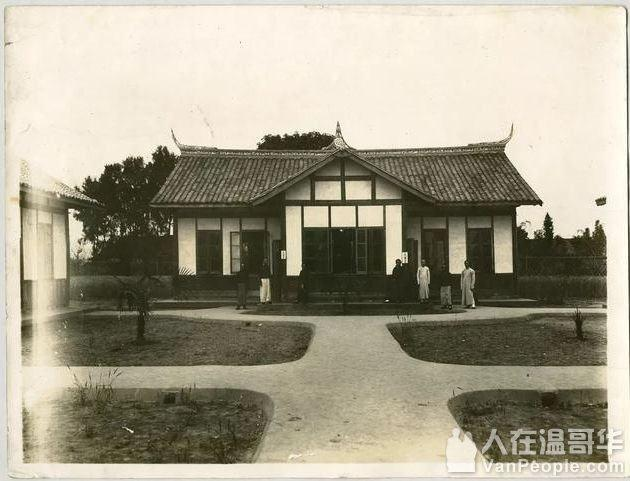
In 1888, Donald MacGilfivray, a famous Canadian missionary from Bruce County, Ontario, Canada, was the first foreigner to enter China’s Henan Province to do missionary work.
The Christian Literature Society for China, headed by Donald MacGilfivray, successfully compiled the earliest English-Chinese dictionary “A MandarinRomanized Dictionary of Chinese”.
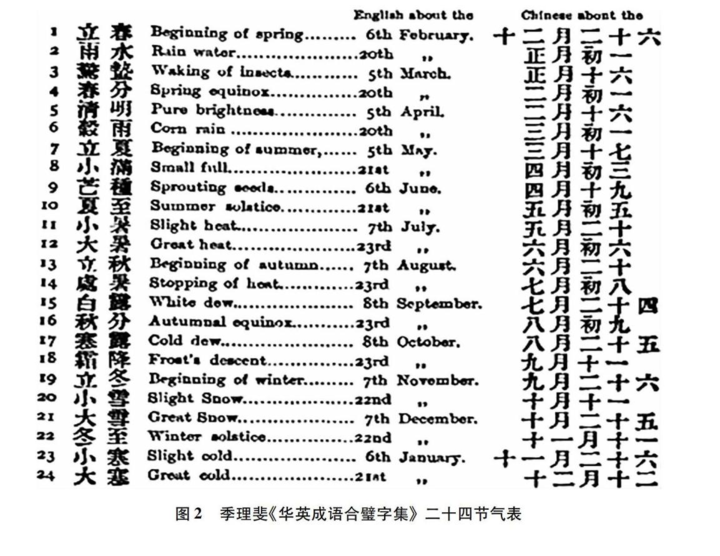
Today, this dictionary not only helps researchers gain insights into the changes of the Chinese language from the perspective of missionaries in the late Qing Dynasty and the early ROC period, but also offers important reference for the collection of new Chinese words and the spreading of Chinese culture around the world.
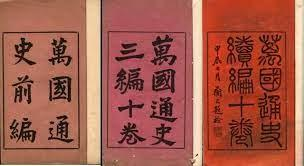
Later, the Christian Literature Society for China became the largest publishing institution established by Christianity in China, aiming to “supplement the traditional Chinese learning with western learning”, which was the origin of its name.?
Weng:There were also female Canadian missionaries who specialized in operating schools for girls. Ms. Laura Hambley contributed to the liberation of Chinese women by persuading them to release their bounded feet and teaching them to read.
They were the earliest initiators of gender equality in China.

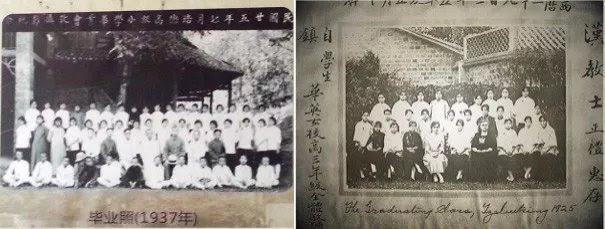
These were all schools run by Canadian missionaries in China. The first-batch Canadian missionaries to China have made great contributions to China’s medicine, education and publishing sectors.
Statistics show that by the end of World War I, Protestant churches had funded two universities, 270 primary and secondary schools and 30 hospitals in China.
Canadian missionaries in China were an important part of Sino-Canadian relations in history. Reports and letters sent back by missionaries to Canadian missionary councils or organizations served as the main channel for Canadian policy-makers and people to understand China’s national conditions and gain “knowledge” about China back then.
In the Qing Dynasty, the ROC and the PRC periods, missionaries have served as a bridge between the official and the people of the two countries for improving Sino Canadian relations. Canada and China have sound historical relations. There are no historical grievances or problems, territorial (land or water) disputes, or geostrategic conflicts between the two countries. Overseas Chinese in Canada have been making great contributions to the country’s development and the diversified cultural building, ever since Canada was founded.
Our Tenet at CTCCO: It is a key mission for us to promote non-governmental exchanges and friendship between Canada and China.
Canada and China shall cherish the long-standing friendship between the two peoples and the achievements of long-term cooperation between the two countries. Through dialogue and cooperation from a developmental perspective and based on the principle of seeking common grounds while reserving differences, we shall jointly improve the common well-being of the Canadian and Chinese peoples!



